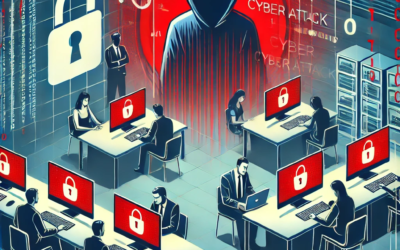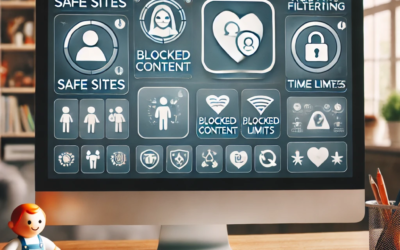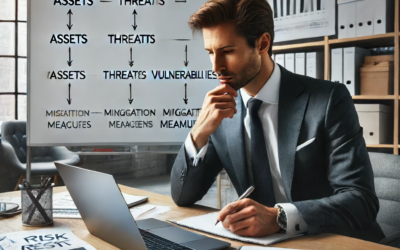The thieves and scammers want to steal your credit card information, your important website login credentials or install malicious software on your computer. This intensifies during the holiday season or following a disaster.
Follow these tips to help keep yourself when travelling and during the holiday season.
Tip #1 – Be alert for emails or text messages that you are not expecting
Sometimes you’ll get and email or text message saying that your shipment has been delayed. What???
If you’re recently ordered something online you now wonder if this email is true. Or, if you’ve not ordered anything recently, you wonder what did I order??? Either way you have an emotional response and that is what the scammers are hoping for.
They are hoping you’ll click and enter your Amazon (or other) credentials in a fake web page so they can collect and use them.
Your best bet? Delete that email or text message without clicking on the link!
Tip #2 – Be very cautious (as in DON’T DOWNLOAD THEM!) with attachments in emails
Have you ever received an email with an attachment that said it was a Christmas card? How about an email with an invoice attached? Were you expecting it?
This is a common way the scammers will try to get you to install malicious software on your computer. They send you an email with an attachment so that when you open the attachment some malicious software is installed. Usually this allows for some hidden way for the attacker to access your computer.
Once again, if you receive an unexpected attachment from someone you don’t know, simply delete that message
Tip #3 – Only install software you really need
I get it. Through a Google search you find an app you’ve never heard of but it sound interesting. So you install it.
This is risky – especially if you are side-loading it on to your Android phone or bypassing controls to install on your Windows or Mac computer.
Stick with known and proven applications. Only download from verified sourcs such as the App Store or Google Play. If you really feel you need that unknown app, do some research about the app and the app developer before you install.
Tip #4 – Be sure to use strong passwords, a password manager, and 2-factor authentication for your accounts
Yes, we still need to use strong passwords for all of our accounts.
Don’t forget the apps and services that you use while traveling. This would include hotel, airline, and Uber accounts.
Be sure to take advantage of available biometric integrations like face recognition or fingerprint.
Set these up before you leave on your trip.
Tip #5 – Minimize your use of public wifi
When you’re traveling, you often need Internet access. And free public wifi is available almost everywhere
There are some good and safe public wifi networks around. And sometimes that is the only option. But there may be better and safer options for you – especially if you are unfamiliar with the public wifi that is available.
Increasing your mobile phone plan to include unlimited or high-threshold hotspot data does not cost much. And it is available wherever there is a cell signal.
The hotspot provides you with protected access to the private cellular network. This means that others will not be able to eavesdrop (or packet capture) your traffic.
Tip #6 – Don’t leave your electronic devices alone
Never leave your computer, phone or tablet unattended. They might grow legs and walk off!
Seriously, take them with you wherever you go. Even leaving them in the hotel room is not a good practice.
If you are using your device and need to step away from it, be sure to lock it and ask someone trusted to keep the device safe while you are gone.
Bonus Tip – Above all, be aware….
…of the people around you
…of the emails and text messages you receive
…of the phone calls coming in
…of the attachments and links in emails
…of your security practices



